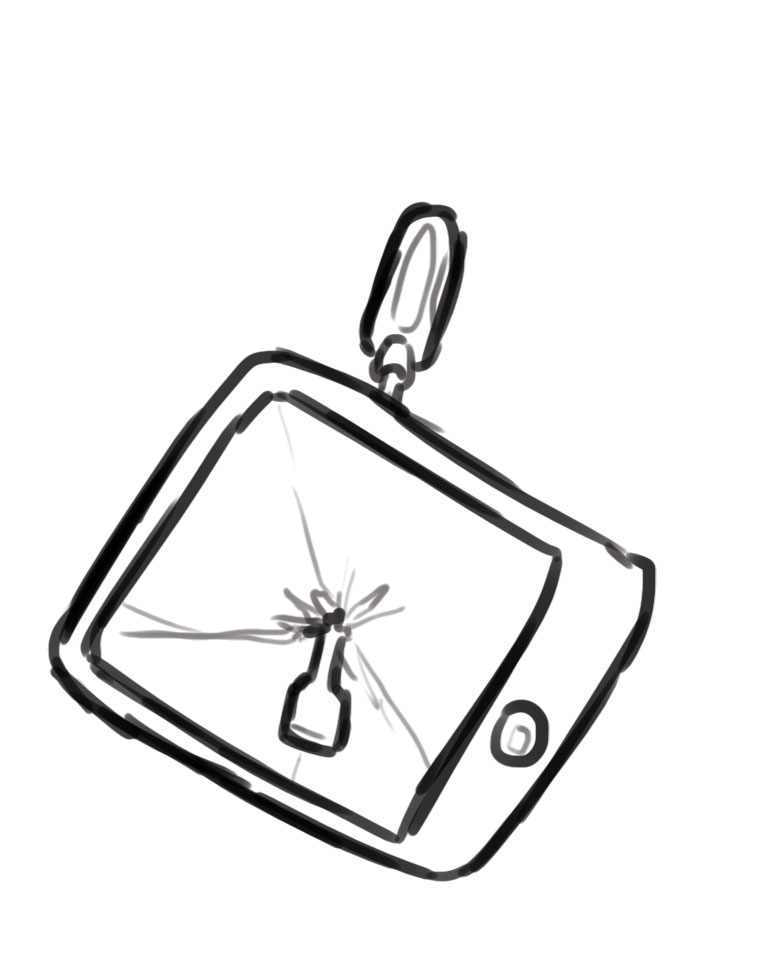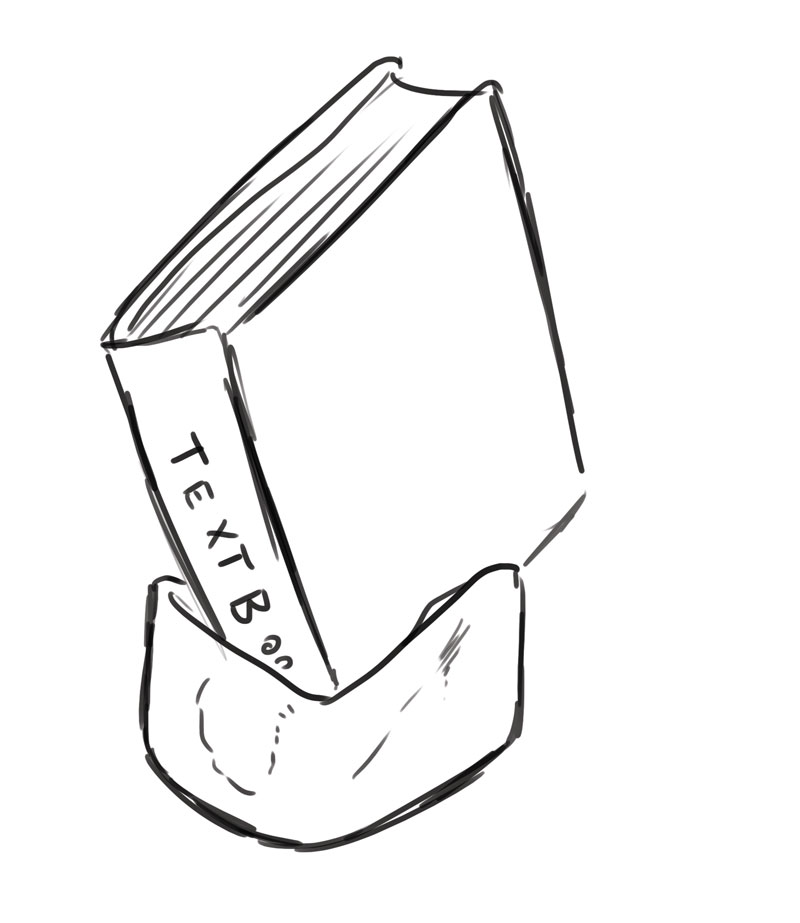Print Edition: January 7, 2015

Beware the dil-Doh
Play-Doh cake-decorating kits came with a piece used to squeeze out Doh-icing in order to decorate the fake cake, but apparently that particular piece resembled an erect penis. We can all guess what happened next: parents complained.
When I read this, I literally laughed out loud. So, we’re going to start demanding objects don’t resemble penises now? Wow, that’s a slippery slope (pun intended). I mean, just think of the shape of crayons, hairbrush handles, and flashlights. Don’t even get me started on phallic-looking fruits and vegetables.
Seriously though, is a three-year-old really going to recognize if his or her toy resembles a reproductive organ? All they’ll care about is how Mom or Dad sent the toy back to Santa. I guess no one in this situation will get their cake and eat it too.
“Coke to drink” at the theatre
When I order a drink at the SilverCity in Mission, the employee at the till invariably forgets that I wanted root beer. “Uh, was that Coke to drink?” they ask, usually rather nervously. You little devil, I think, I know you know I don’t want Coke.
According to some friends who work at the theatre, their superiors instruct them to ask if the customer wants Coke as part of some Cola-quota the company wants them to meet. There’s nothing wrong with clearly offering what you want to sell, like combo deals or limited edition buckets, but the wording “Was that Coke to drink?” after I’ve made my love of root beer extremely clear is dishonest.
This tactic of feigning forgetfulness illuminates the fact that the concern is not providing service, but aggressively selling junk. When the places we see films focus more on selling products than providing a service to the community, it increases the difficulty of considering film as art and not commodity. Also, I wanted a root beer.
Generation broke, not broken
“We’ve got a lost generation that has grown up with factory electronics that just work all of the time … And when they [die] we throw them away and buy something new,” lamented University of Manchester professor Danielle George in this year’s Royal Institution Christmas lectures.
But George ignores the fact that Millennials are also a broke, debt-ridden generation without the money to take those gadgets to the repair shop. Trying to fix a toaster isn’t the same as trying to fix an iPad.
She might also be surprised by the popularity of websites like iFixIt, LifeHack, and Pinterest, where many thrifty Millennials armed with screwdrivers and socket wrenches have turned DIY home projects from chore-work into a lifestyle.
It’s laughable to suggest that a whole generation is incompetent because most of us can’t MacGyver a paperclip into a ham radio antenna. (Guess what? Neither can most baby boomers.) On the contrary, George’s concerns ring of the classic curmudgeonly chorus: “Kids these days!”
Textbook etiquette
With Christmas break out of the way and a new semester starting, ‘tis the season of online textbook shopping. While buying and selling textbooks online is one of the best money-saving discoveries I’ve ever made in my university career, it is also one of the most frustrating. We’re all trying desperately to find the cheapest deal we can and rid ourselves of books we know we’ll never read again, but we need to remember that there is an etiquette that comes with buying textbooks online. I have, more than once, had someone say they were going to buy my textbook and then suddenly go MIA, or better yet, leave me waiting at our said meeting place thinking that either they died on their way over, or found a better deal and decided to not let me know. This is never fun, especially when you’ve turned down multiple offers from other buyers because someone promised to buy your book. So while you’re desperately hunting for the cheapest book available this book shopping season, remember to keep in mind your fellow students and don’t just leave them hanging.





